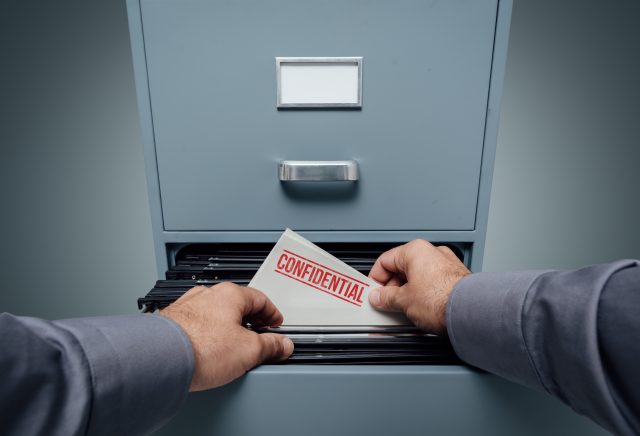
On 13th April of this year a young U.S. Airforce officer, Airman First Class Jack Teixeira was arrested outside his home in Massachusetts. Before his arrest he had been assigned to the 102nd Intelligence Support Squadron, a part of the 102nd Intelligence wing based on Otis Air National Guard Base in Eastern Massachusetts. The charge against him is a very severe one as he stands accused of leaking U.S. classified documents that detailed several crucial aspects ranging from Ukraine battlefield assessments to covert surveillance of American allies. This is the latest leak of classified documents the United States of America faces, one that generated ripple effects that will surely not go away anytime soon.
The materials were apparently first distributed on the messaging app Discord which is popular among gamers and offers the possibility of creating private chat groups. According to analysts the files may have been available on the platform starting as early as the beginning of March but have only recently come to the attention of the U.S. Intelligence community after they were distributed to a larger group of people on other social media platforms. It appears that the documents source is a classified briefing which airman Teixeira could have folded up and taken outside the military base. He later could have photographed it and posted the material on-line.
The United States has a long history of document leaks that have exposed classified information to the public. These leaks have often resulted in controversy and debate, as they have shed light on previously unknown government practices and policies.
One of the earliest and most well-known document leaks was the release of the Pentagon Papers in 1971. These papers were a top-secret Department of Defence study that documented US involvement in the Vietnam War from 1945 to 1967. The papers revealed that the government had lied to the public about the war’s progress and that military leaders had doubts about the war’s potential for success. The release of the Pentagon Papers sparked widespread protests and calls for an end to the war.
In 2010, the website WikiLeaks released thousands of classified US military documents related to the wars in Iraq and Afghanistan. The documents, which were leaked by Army intelligence analyst Chelsea Manning, revealed civilian casualties, abuse of detainees, and other atrocities committed by US forces. The release of these documents caused controversy and prompted debate about the US’s military presence in these countries.
In 2013, former National Security Agency (NSA) contractor Edward Snowden leaked classified documents revealing the US government’s massive surveillance program. The program allowed the government to collect data on millions of people’s phone and internet communications without their knowledge or consent. Snowden’s actions sparked a global debate about privacy and government surveillance.
In 2016, WikiLeaks released thousands of emails from the Democratic National Committee and the personal email account of John Podesta, Hillary Clinton’s campaign chairman. The emails revealed behind-the-scenes information about the DNC’s efforts to support Clinton over her rival Bernie Sanders. The leak was widely believed to have influenced the 2016 presidential election, which Donald Trump won.
More recently, in 2019, a whistleblower revealed that President Trump had pressured the Ukrainian government to investigate Joe Biden and his son. The whistleblower’s report led to the impeachment of Trump by the House of Representatives, although he was ultimately acquitted by the Senate.
Document leaks have played a significant role in shaping public opinion and exposing government practices and policies that might have otherwise gone unnoticed. While some view these leaks as a threat to national security, others argue that they are a crucial part of holding those in power accountable. As technology continues to evolve, it is likely that document leaks will continue to play a prominent role in shaping public discourse and holding those in power accountable for their actions.



 Subscribe
Subscribe